By S.N. Venkatnag Sobers
[Pics. by M.N. Lakshminarayana Yadav]
Circus excites everyone irrespective of age. People throng circuses across the world to witness some of the best acrobats performed by artistes, putting their lives at a high risk. Believing in the motto ‘The show must go on’, artistes have been performing day in and day out, producing the best show each time.
People in Mysuru, especially during Dasara, not only wait to watch the spectacle of caparisoned elephants led by Golden Howdah carrier on Vijayadashami but also eagerly wait for Jumbo Circus, one of the oldest in India. Circus has become an integral part of Dasara and Deepavali season.
Circus in India has a history of 140 years with one Vishnupant Chatre, an equestrian, and his wife, a trapeze artiste and an animal trainer, deciding to start their own circus company ‘Chatre’s Great Indian Circus’ on March 20, 1880. Inspired, by Chatre, India became home for many other circus companies which included Great Royal Circus, Great Rayman Circus and Amar Circus, Great Bombay Circus, Gemini Circus, Rajkamal Circus, Jumbo Circus, Rambo Circus and so on.
Life in a circus is the most difficult as the performers need to be fit and have to maintain their looks to be able to present their acts. Being away from their families and loved ones, performers are most vulnerable people whose lives have no guarantee. One wrong move and they are either maimed for life or it may prove fatal.
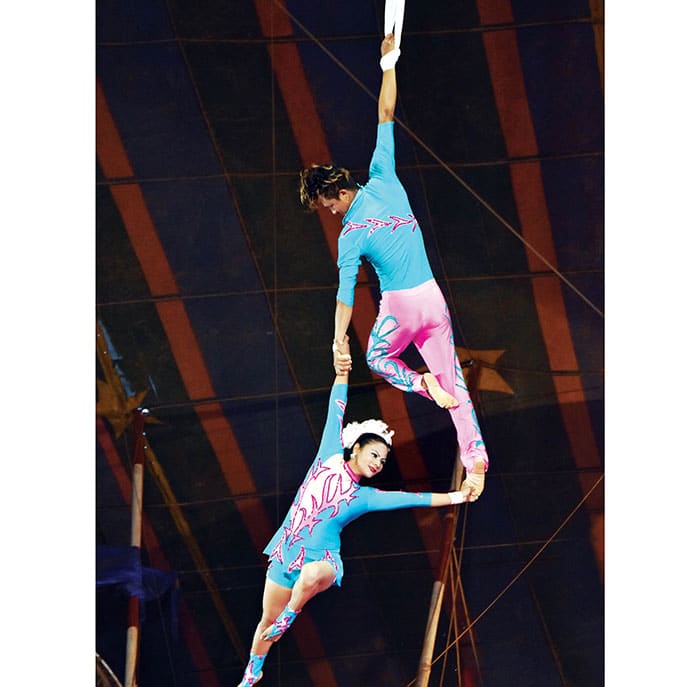
A joint family with love stories, emotions
Artistes in Circus are just like people in other professions who keep themselves away from home while on work. They spend most of their lives touring from one place to another round the year. Coming from the different places and geographical conditions, sometimes they find it difficult to adjust to different food and climate conditions.
Bhushan Thokarlam, a juggling artiste from Nepal, says he joined circus 15 years ago after completing this 10th standard. “It is true that we miss our families. But by thinking so won’t fetch us food or money. When at circus, we consider our fellow artistes as our family. Sometimes there are differences, but not serious. We often help each other at the time of distress and have a lot of fun”, reveals Bhushan.

Even circus has quite a few love stories that have blossomed and has ended up in wedlock. Like Bhushan found the love of life in ssMenuka, also an artiste and the couple tied the knot nine years ago. Now both perform dual acts which are quite popular.
Menuka Thokarlam is a veteran in circus business. She joined the company about 24 years back as a child artiste. She was brought by her aunt to circus to join her cousin who was already working for the company.
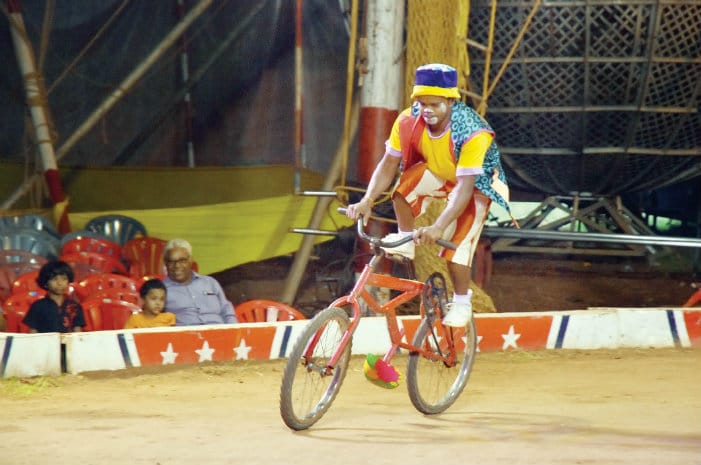
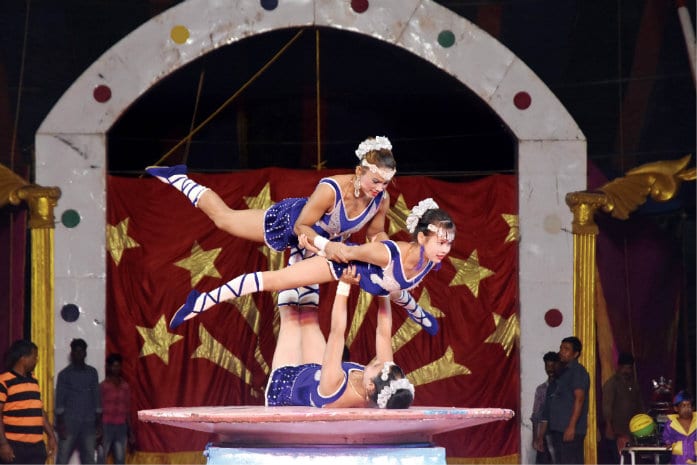
All the way from Tanzania to Mysuru
Not everyone appreciates artistes who perform. “Response from public is good. Especially Mysureans have been encouraging us every year. But, not all places are like Mysuru. There are cities where people have spoken ill about us but we don’t get demotivated. We ignore and move on with our lives”, says Menuka Thokarlam.
This year, Jumbo Circus has invited a group of artistes from Tanzania in Africa. The group is led by Antony, who is a popular artiste back in his country. There are five members in the group who perform dangerous acts using fire. They also perform gymnastics and stunts using weights. Antony’s group has travelled to many countries.

“We have travelled to China, Egypt and Dubai and other countries but Mysuru has been the best. It is my third visit. People have been co-operative and appreciating,” says Antony. For Antony, the toughest part is Indian food. “People eat a lot of spice but back in my country not many spices are used. So to keep my tummy in good health, we prepare our own food,” he said Antony with a smiling face.
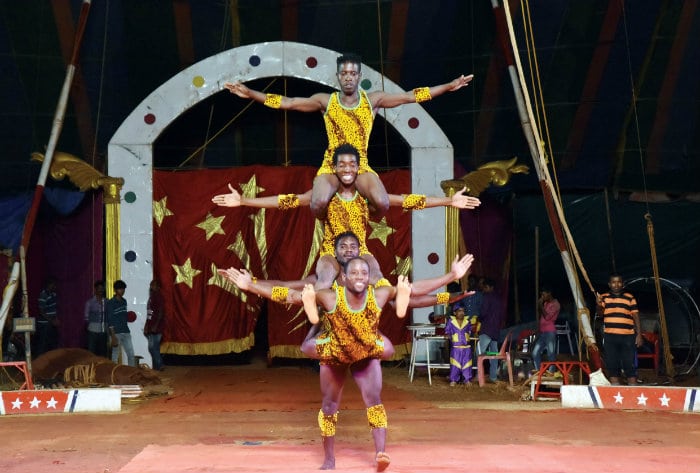
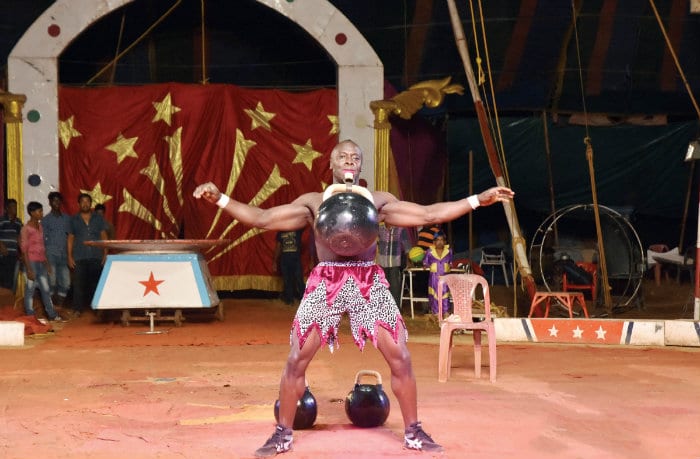
No wild animals, No Circus
Circus has always been the show of wild animals including lions, tigers and elephants. But with ban imposed on them, circus business has not been the same. Many circus companies have closed their businesses due to ban.
For an animal, circus life is miserable. Living conditions are cramped, badly maintained and lack basic comforts animals need to be happy and healthy. They don’t have the opportunity to exercise, socialise or exhibit any of their natural behaviours, instead spending their lives trapped in cages, argue animal activists.
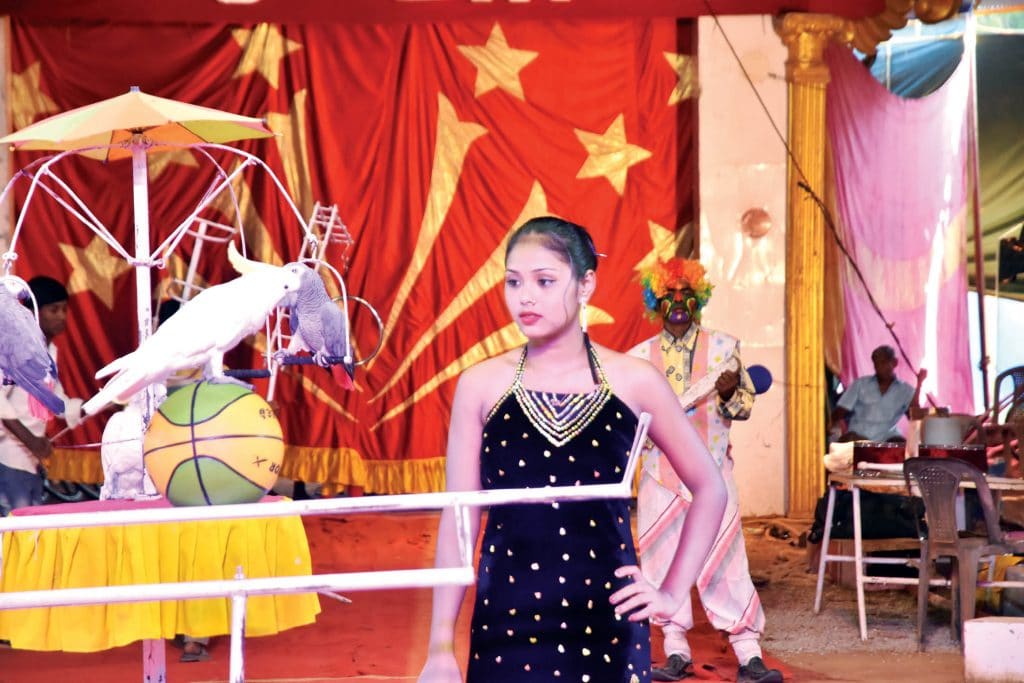
Performances are loud and stressful and animals are forced to perform tricks. Also, training regime is cruel and revolves around punishment and fear, with animals beaten and whipped regularly. Animal rights activists say that circus animals are kept in captive circus environments and most of the times they are unhealthy and suffer from injuries, exhaustion and stress. This is why animals are banned.
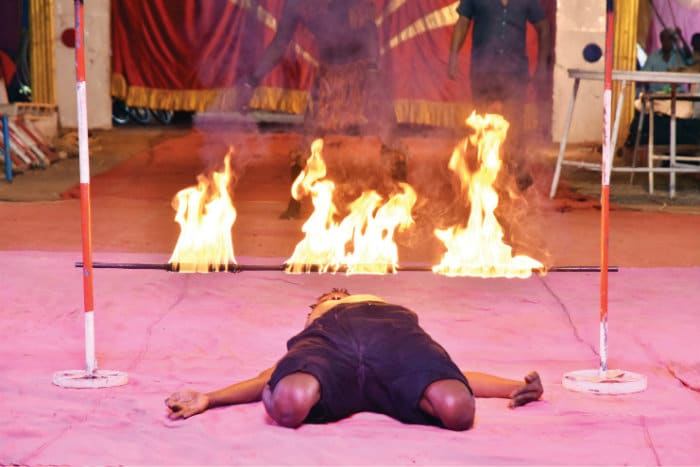
Surviving since 1977 but future is bleak
Having started on Oct.2, 1977 near Patna in Bihar, Jumbo Circus has been able to survive despite the advent of other entertainment sources. Ajay Shankar, its owner says that circus in India survived despite all odds. It still attracts people in large numbers.
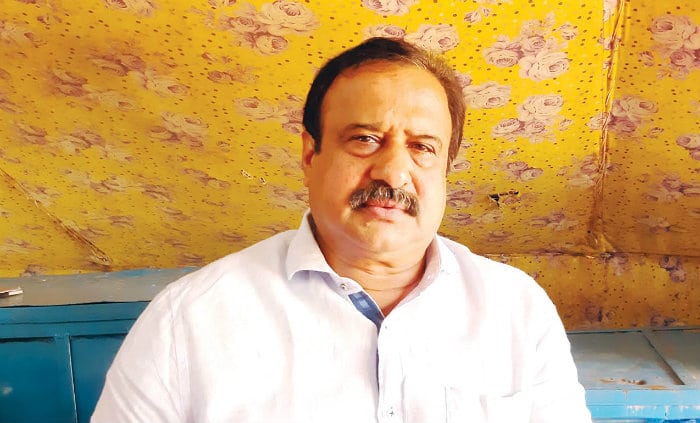
“Now-a-days people are attracted to TV ‘reality shows’. But, the original reality is circus where artistes perform, risking lives. Despite this, neither the Government nor organisations have recognised our contributions. While movie stars and other actors are showered with awards, circus artistes stay neglected. It is because of few companies like Jumbo Circus that these artistes are surviving”, he explains.
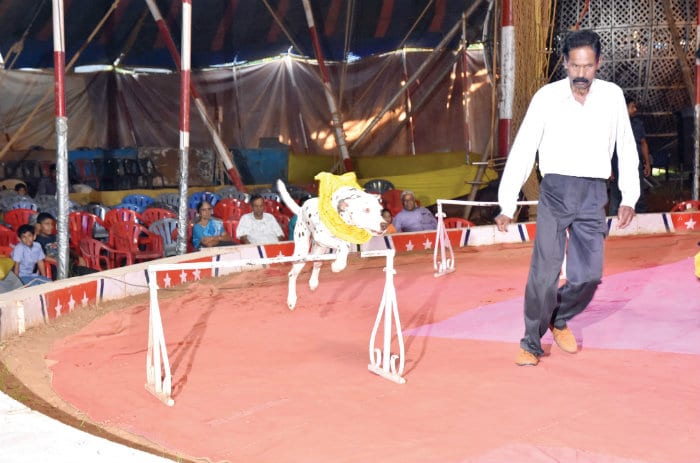
Striving hard every day
Circus has gone through a lot of changes. Once a glorified business, now it is striving hard for survival. Ban on wild animals and child performances have made life tougher. With no new generations entering the business, companies fear that closure is imminent.
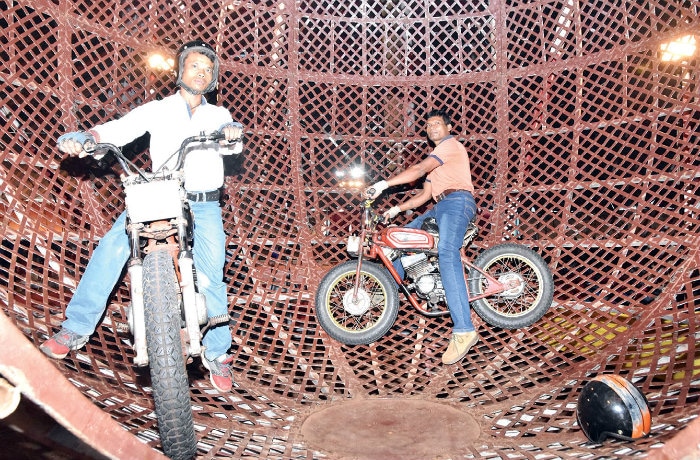
“Circus companies handed over 400 wild animals to the Government. Today, we do not even know those animals have survived as it is difficult for them survive in the wild after getting adjusted to homely atmosphere. Animal rights people must understand that circus companies have always taken care of wild animals and in no way they were ill-treated,” Ajay adds.
Circus companies in India might have to face the toughest period in a couple of years as survival of the once most popular entertainment form seems bleak.
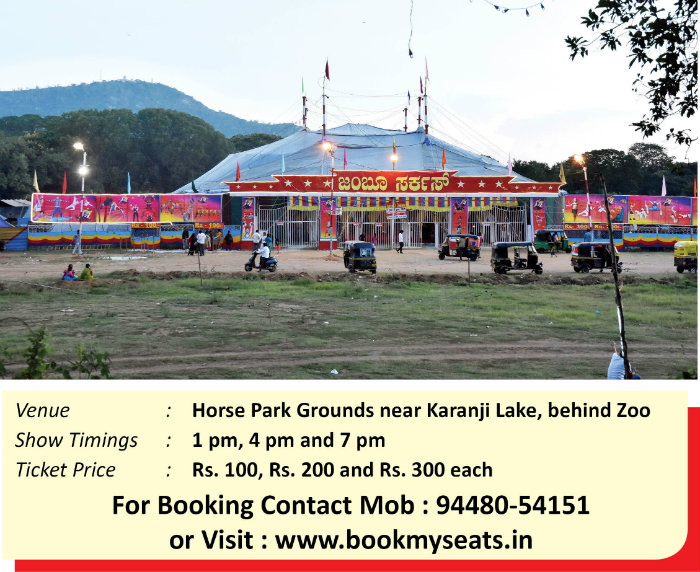
Venue: Horse Park Grounds near Karanji Lake, behind Zoo
Show Timings : 1 pm, 4 pm and 7 pm
Ticket Price: Rs. 100, Rs. 200 and Rs. 300 each
For Booking Contact Mob: 94480-54151
Visit : www.bookmyseats.in








Recent Comments